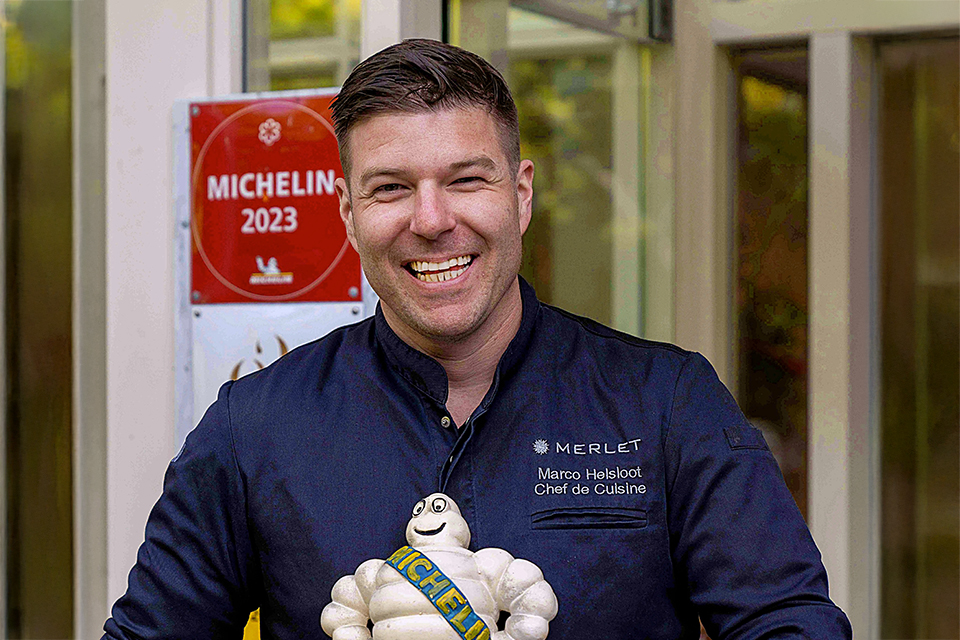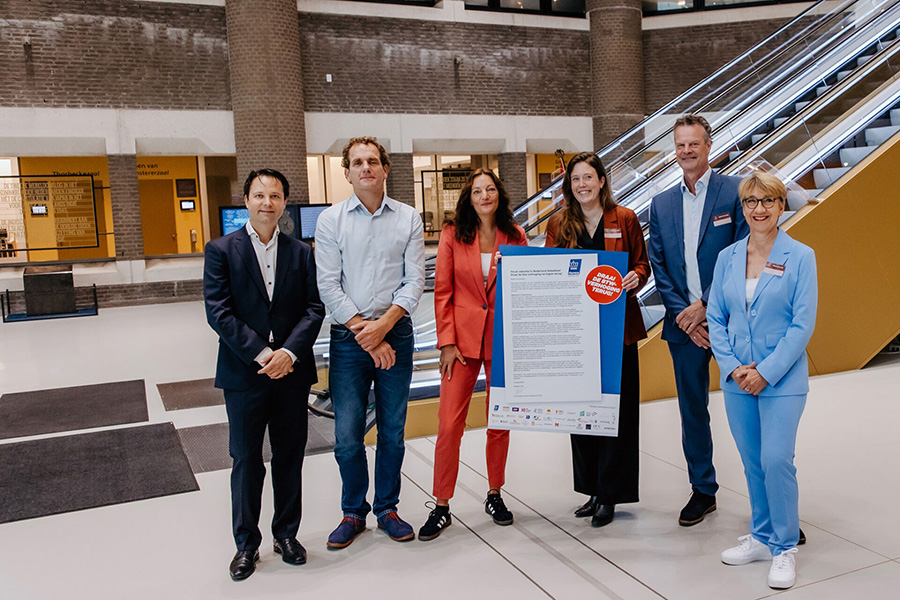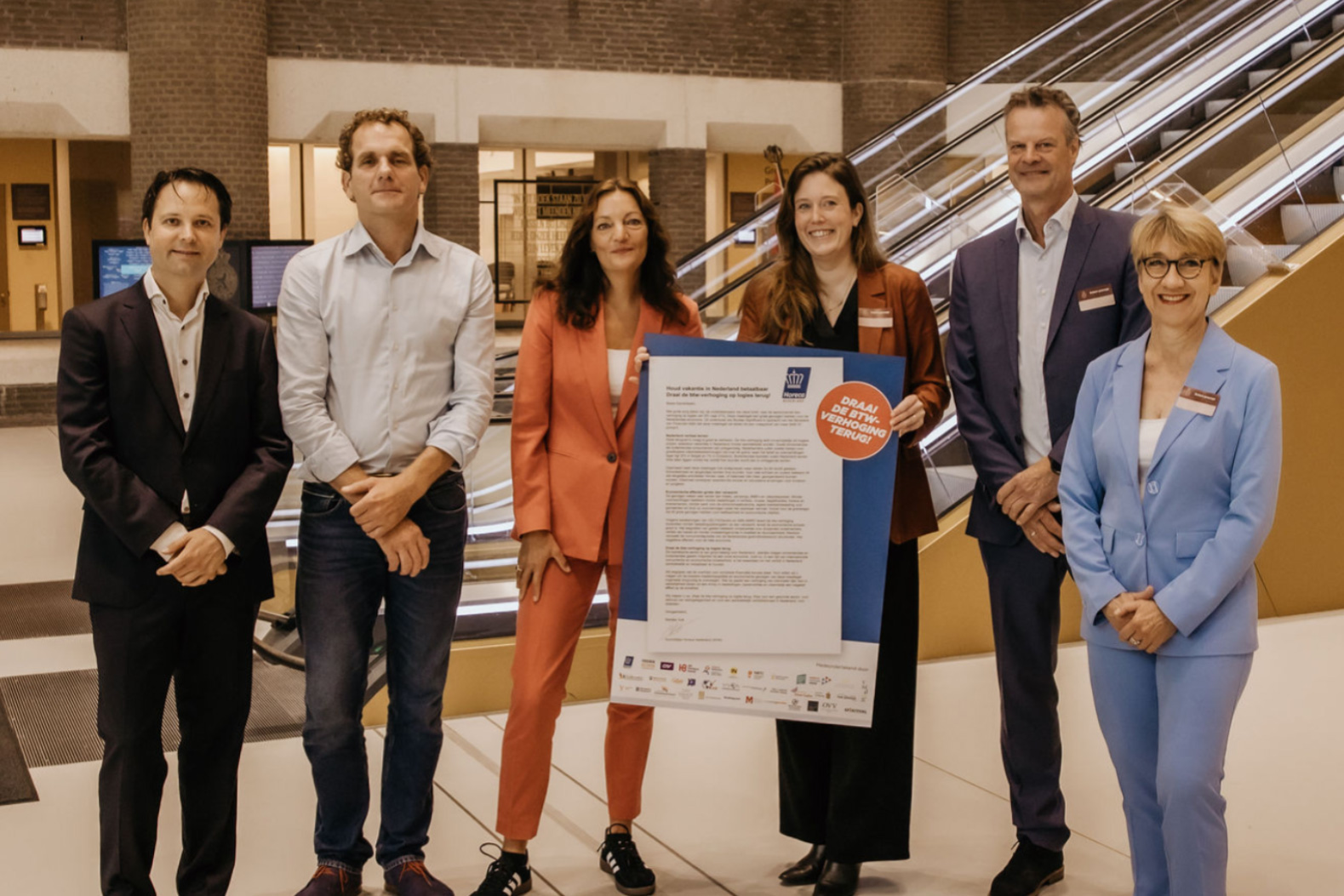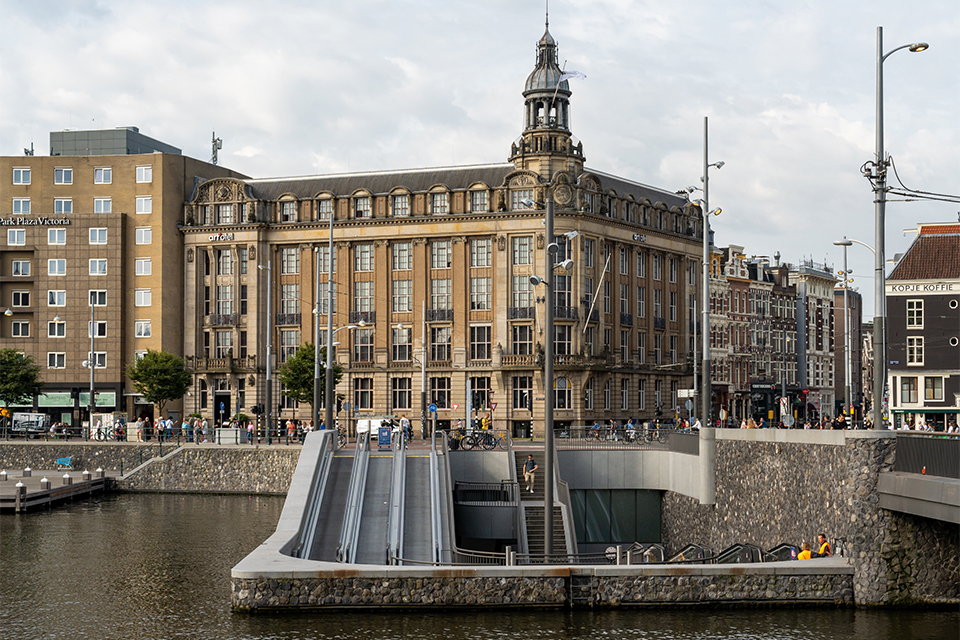
Time for a fair and predictable tourist tax
'In Amsterdam, the rate is 12.5% and there seems to be no end in sight'
Tourist tax in Amsterdam is among the highest in the world. Hoteliers in an increasing number of other municipalities are also experiencing that the higher rates are putting pressure on the industry. However, municipalities see the tourist tax as an important source of income, especially now that they are under financial pressure. Branch association Koninklijke Horeca Nederland (KHN) is concerned about this development and calls for a more balanced and predictable policy.
Although the outlook for 2025 in the lodging sector seems positive, many hoteliers face structural challenges. In 2024, for instance, 43 per cent of hotels faced staff shortages. In addition, rising (staff) costs and the announced VAT increase on lodging create financial uncertainty. At the local level, something else is at play: the increase on tourist taxes. Municipalities are allowed to set the rate themselves and no restrictions apply to this. Thus, in 2024, 216 out of 342 municipalities in the Netherlands increased the tourist tax rate, resulting in an average increase of 8.1%. As price increases cannot always be passed on one-to-one, margins come under pressure.
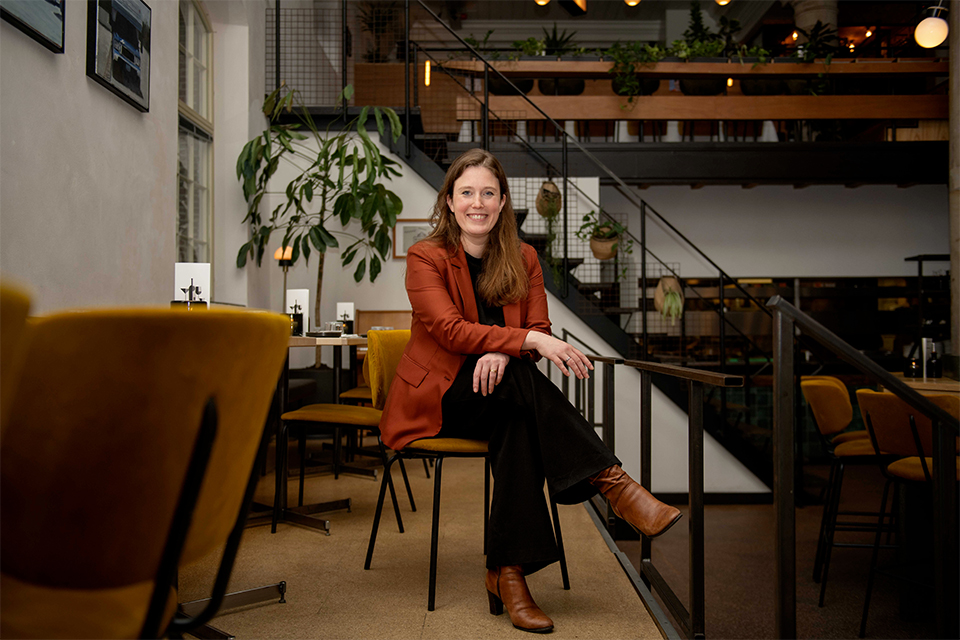
Risk of future increases
The impact of the rising tourist tax is particularly high in Amsterdam. Since 2024, tourists here have been paying 12.5%, the highest rate in Europe and one of the highest rates worldwide. And the end is not yet in sight, KHN president Marijke Vuik expects. "Many municipalities are already in a difficult financial situation since decentralisation. On top of that, 2026, the 'ravine year', is in sight, partly due to the reduction of the municipal fund. Municipalities have limited resources to generate revenue. We see that more and more municipalities are considering a tourist tax increase as a result, and we fear that this number will increase further in the coming years."
Simple measure, complex consequences
Understandably, municipalities turn this knob to fill gaps in their budgets. But they fail to see that this seemingly simple measure has major adverse consequences. Not only for hotels, but indirectly for society as a whole. Hotel guests boost the level of amenities in municipalities: shops, cultural institutions and regional transport companies depend heavily on these visitors. In addition, the social function of hotels is indispensable. Vuik explains: "For example, our industry creates social and inclusive employment; it offers opportunities to vulnerable groups in the labour market. This is another reason why it is important to have a fair and predictable policy around tourist taxes."

Legal defence
For Amsterdam hotels and KHN, the limit has been reached, which is why the industry association in the capital is going to litigate against the 2024 tourist tax increase. The Amsterdam hoteliers are supporting this process and will start legal defence when they receive the assessments. KHN will guide individual hoteliers in filing their objections. The legal process, including an appeal procedure to obtain final clarity, is expected to take at least two years.
Giving a positive impetus
Vuik prefers to see going to court as the last option and prefers to seek a joint solution with the Amsterdam municipality. "What we want is a solution that offers perspective to both parties. In the first instance to Amsterdam hoteliers and the municipality of Amsterdam, but of course also to hoteliers and municipalities in the rest of the Netherlands," Vuik said. "Can we shake this solution out of our sleeve? Unfortunately not. The only thing we know for sure is that we need to take action against the tourist tax increases now. Preferably together with the municipality."
Heeft u vragen over dit artikel, project of product?
Neem dan rechtstreeks contact op met Royal Dutch Catering Association.
 Contact opnemen
Contact opnemen

